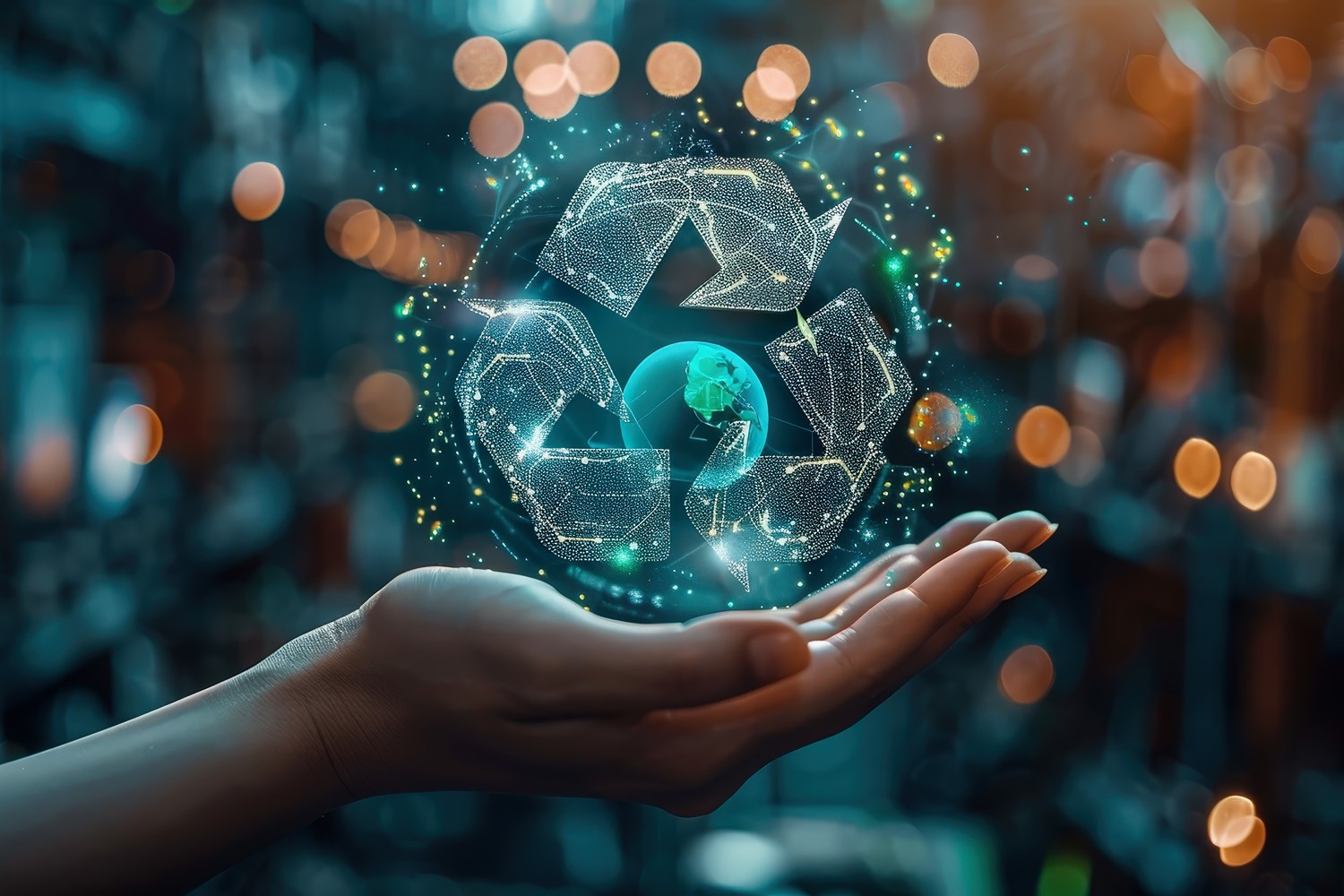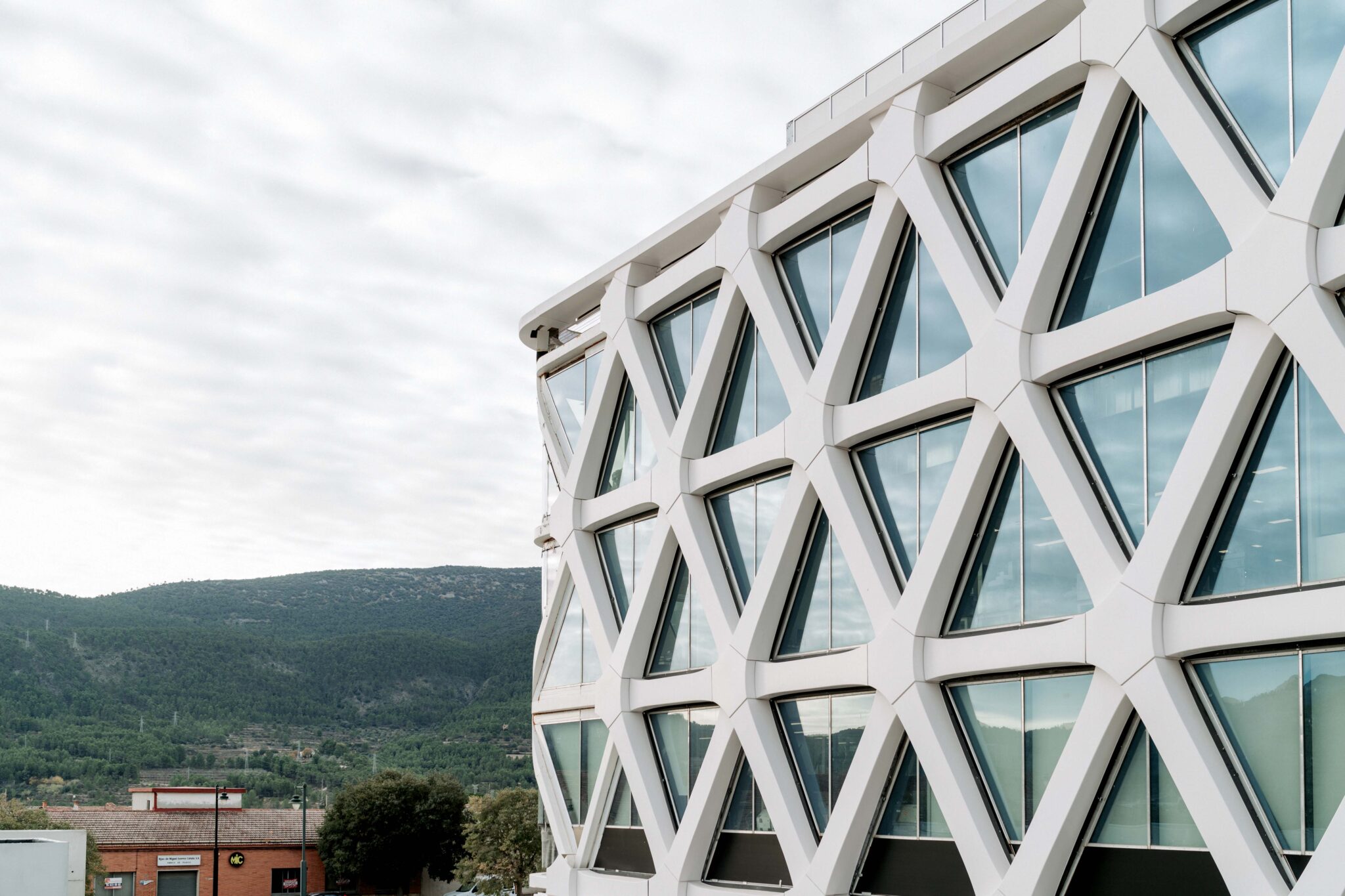
![]()
Circular economy and sustainability area
INVESTIGATING THE POTENTIAL RECYCLABILITY OF SECOND-GENERATION CIRCULAR SOLUTIONS
UP-CIRCULAR
Motivations
The term DOWN-CYCLING refers to the recycling process in which waste or discarded materials are converted into new products of lower added value than the original ones, or whose quality is inferior to that of the initial product. A textile waste recycling strategy is usually referred to as DOWN-CYCLING when a cross-sectoral approach to the recycling process is envisaged. That is, when the materials obtained are used for the production of articles other than purely textile products.
To date, solutions have been found to incorporate certain textile waste into new products in the plastics sector, polymer-particle composites, compression moulded panels, insulation, etc.
However, the fate of these materials when the recycled products reach the end of their useful life remains unknown. The UP-CIRCULAR project aims to address the second-generation circular economy for this type of product.


Objectives
The main objective of the project is to research possible approaches for obtaining second-generation raw materials from the valorisation of recycled products.
The expected result of this initiative is to find solutions for the recyclability of previously developed products, in order to ensure that the materials continue to have a value as future raw materials, thus preventing them from being destined for landfill.
It is also expected to be able to assess the environmental impact, through life cycle analysis (LCA), as well as a market analysis that can help to guide the development of new business models based on sustainability and the circular economy.
Value and competitive advantage

-
The execution of the project has laid the foundations for obtaining second-generation raw materials from the valorization of recycled products.
-
The environmental impact of producing panels made from textile waste using different technologies has been evaluated.
Results obtained

-
Utilization of textile waste that currently lacks a defined recycling pathway (such as inseparable blends, printed or stamped products) to create recycled materials applicable in panel manufacturing using two different technologies: gluing and air-laid nonwoven pressing.
-
The environmental impact calculation for producing panels from textile waste is similar, with no significant differences. Once these panels reach the end of their useful life, they can be recycled through the same manufacturing process used to create them.
-
Compaction of certain textile waste through pelletizing. This improvement in waste preparation has enabled its use in plastic injection trials using conventional production equipment.
Grant number: IMAMCA/2023/6
Programme: Plan of non-economic activities 2023
Period of execution: January 2023 – December 2023
Status: Finished
More information: PLAN OF ACTION
Entity: IVACE

This project is funded by the Conselleria d’Economia Sostenible, Sectors Productius, Comerç i Treball de la Generalitat Valenciana, through IVACE.

CONTACTE CON NOSOTROS
¿Quiere contactar con nosotros? Pinche en el botón y escríbanos.
ÁREAS DE I+D
NOTICIAS
SAVE THE DATE! AITEX will host the 19th Textile ETP Annual Conference next year, from 13 to 14 May 2024 in AITEX headquarters, in Alcoy Alicante.
AITEX has attended the Cosmetorium fair in Barcelona once again on October to present its new products for the cosmetic sector.
AITEX analyses the problem of PFAS substances in various industrial sectors and presents various innovations to mitigate their presence in products and processes.










